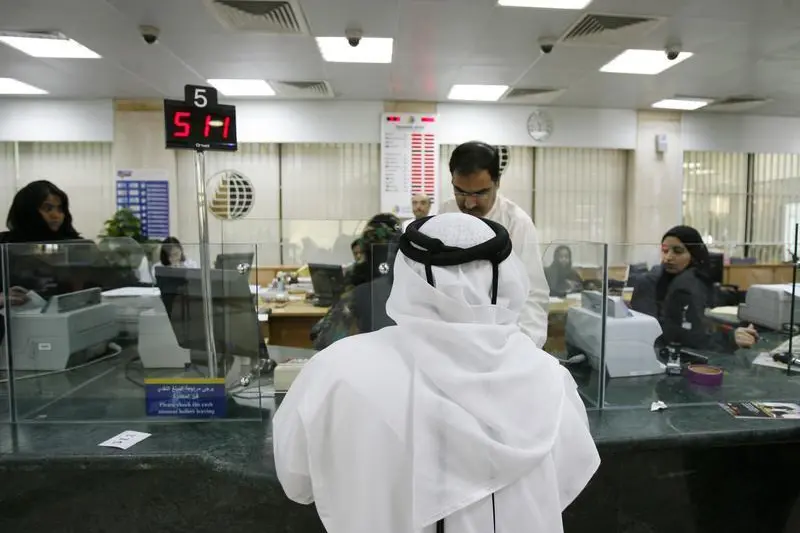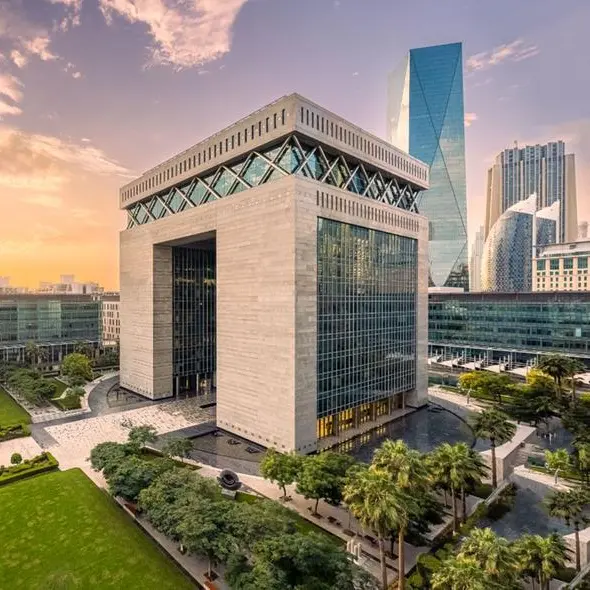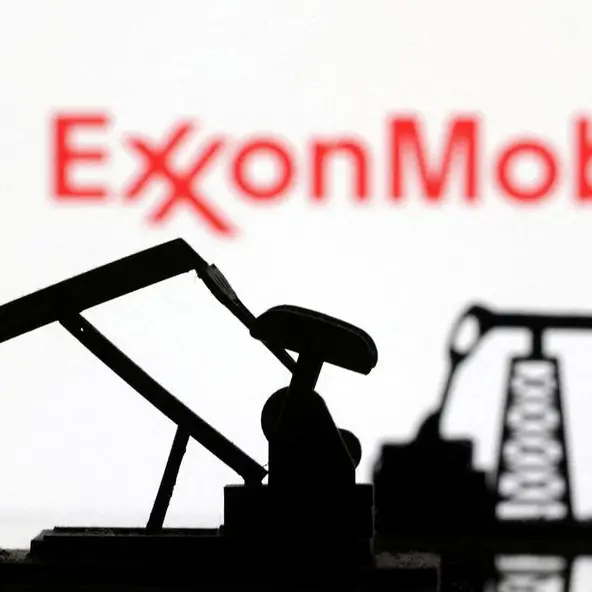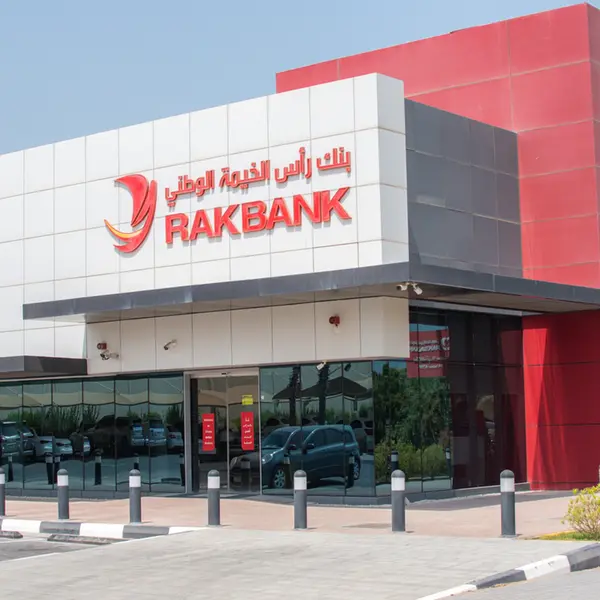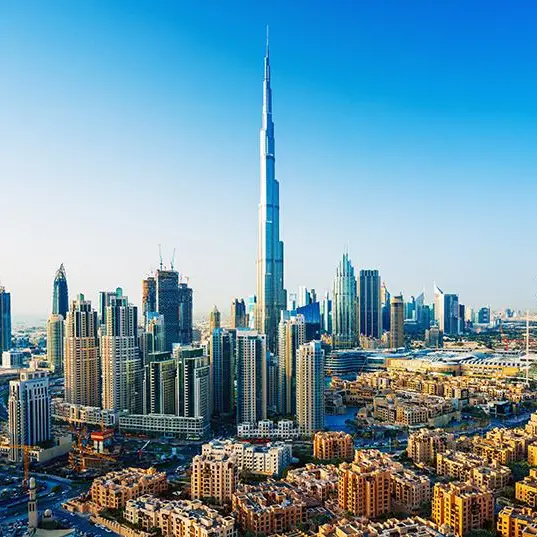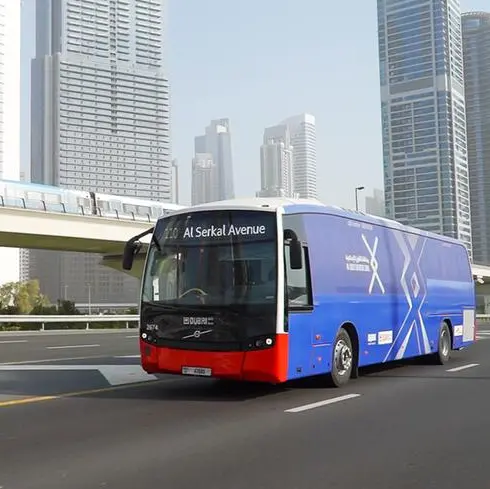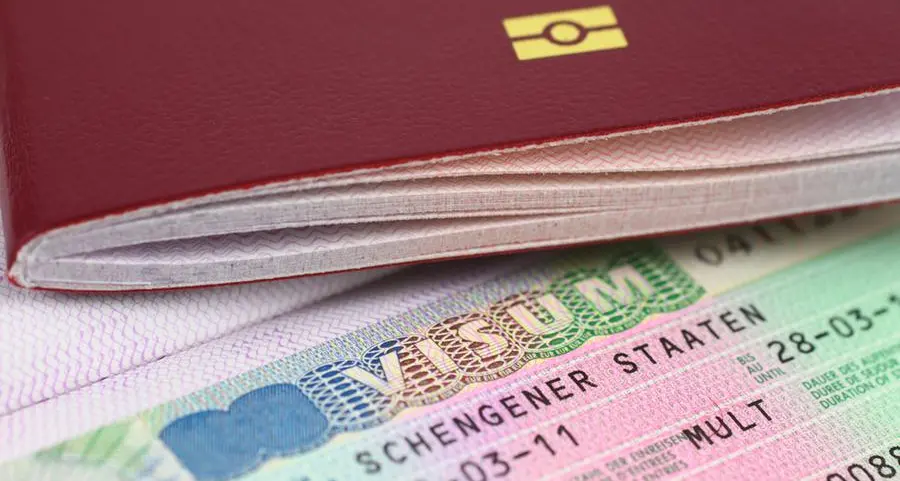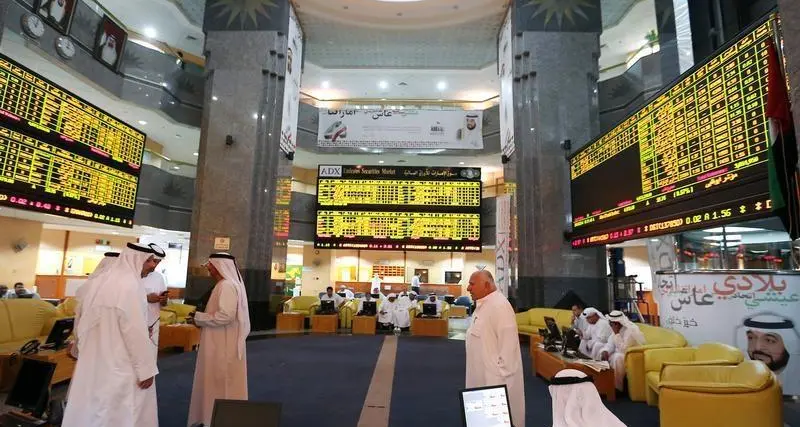PHOTO
Sunday, Sep 06, 2015
Dubai: Bahrain’s banking sector is expected to remain resilient to the macro economic challenges posed by weakening economic conditions due to lower oil prices, analysts at global credit rating agency Moody’s said at a recent workshop on Bahrain’s banking system.
The rating agency anticipates a slowdown in economic growth, resulting from the lower oil prices to weigh on Bahrain’s banking sector funding and profitability over the coming 12-18 months and as such has changed its outlook on the sector to negative from stable.
Lower oil prices and weakened government finances will dampen operating conditions for banks affecting banks funding and profitability. The impact will be softened by infrastructure investment from the GCC development fund. The banks’ strong liquidity and capital buffers continue to provide Bahraini banks with financial flexibility to adapt to these conditions.
Moody’s analysts expect slower economic growth of 2.7 per cent in Bahrain in 2015 compared to 4.5 per cent in 2014 owing to the impact of lower oil prices and associated lower government revenues and spending will dampen operating conditions.
Drop in oil prices is seen weakening government finances and economic growth prospects for the banking system. The impact on banks is transmitted through declining credit quality from the government’s weakening fiscal position and subdued business opportunities on the back of slower economic activity and weakened sentiment.
“We expect slower economic growth to weigh modestly on banks’ funding and profitability. At the same time, the banking system’s credit profile will remain closely linked to the weakening fiscal position of the government, as direct holdings of government securities and loans, which currently represent over two times the banks’ equity, are likely to increase further,” said Christos Theofilou, an analyst at Financial Institutions Group, Moody’s.
The Bahraini banking sector is divided into two broad segments such as on-shore retail and off-shore wholesale bank. On-shore retail banks include 22 conventional and six Islamic banks, with total consolidated assets of $81.4 billion (BHD30.6 billion) as of April 2015. According to Moody’s estimates approximately 52 per cent of assets are derived from banks’ domestic operations, with the balance from foreign subsidiaries/operations. Off-shore wholesale banks comprise of 56 conventional and 18 Islamic banks, with total consolidated assets of $111.1 billion (BHD42 billion) as of April 2015.
“We expect that the impact of the weakening of Bahrain’s economy on Bahraini banks’ asset quality will become visible in the second half of 2015. Loan-loss provisions at 0.8 per cent of gross loans during 2014 will likely start to pick up due to higher NPL formation. We do not expect the recovery and write-off of legacy NPLs to completely offset this,” said Theofilou.
Lower projected non-oil GDP growth of 3.5 per cent during 2015-2016 from 4.9 per cent in 2014 is expected to have a knock-on effect on Bahraini banks that primarily lend to the Bahraini non-oil industry. Despite these challenges Bahrain’s non-oil sector growth will remain relatively robust as the wider economic impact will be softened by investment spending financed by the GCC development fund, while other, non-oil sectors of Bahrain’s relatively diversified economy will be resilient. Bahrain’s economy is less oil-dependent than its GCC peers.
Moody’s expects that in the context of growing fiscal pressures arising from reduced oil revenues, Bahrain is likely to issue more debt, both locally and internationally. Banks are expected to increase their holdings of government debt over our outlook period. Bahrain’s debt-to-GDP ratio has risen rapidly to around 48 per cent as of year-end 2014, from 12.6 per cent at year-end 2008.
“The high volume of Bahraini banks’ sovereign-related exposure (around 1.6 times their equity), in addition to their exposure to the Central Bank of Bahrain, will increasingly link the banks’ creditworthiness to that of the sovereign,” said Theofilou.
By Babu Das Augustine Banking Editor
Gulf News 2015. All rights reserved.
